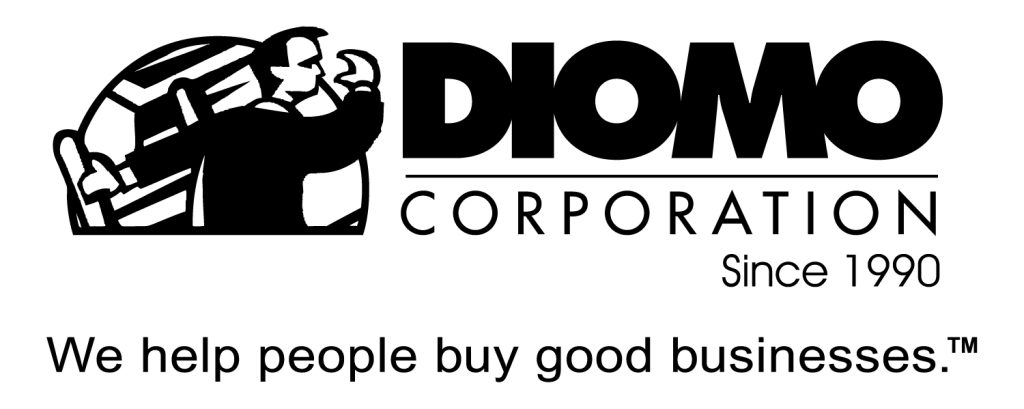Q: What are some of the pros and cons of buying a wholesale distribution company (an example would be a wholesaler of beer and/or packaged food items to supermarkets)?
A: Wholesale/distribution businesses can be excellent long-term ventures. In addressing your question, I will make the assumption that you will be looking at profitable businesses and not ones that are in a turnaround situation. Here are some of the good and bad points:
The Good:
- These businesses usually have a broad client base and do not suffer from high customer concentration meaning that you’re not dependent on just a few large clients.
- In the examples you cite, there’s generally an element of exclusivity in either the product or the territory.
While this does not eliminate the competition, at least it allows you to operate without competing with other wholesalers carrying the same brands.
- They’re good businesses to grow because you have a built in customer base and distribution pipeline. The strategy is to continually seek out new products that can be sold to the same clients.
- They’re sought after businesses because they’re not overwhelmingly difficult to operate as long as you inherit or implement the right systems. As such, when the time comes to sell it down the road (even though you haven’t bought it yet), you’ll have a large buyer pool available.
The Bad:
- Accounts Receivables are always a challenge unless you carry highly sought after products. Therefore, cash flow can get tight at times. You need to be certain that you have a dedicated and highly competent individual chasing down payment.
- Your future is in the hands of your suppliers. They are your most important resource. You’ll want to be certain that the current owner does not have any special relationships that have allowed him to handle particular product lines.
- Contracts with the suppliers are usually meaningless and can be terminated with very short notice.
- Quite often these businesses sell on price which is not an ideal business model. Try to find one that thrives because of the service levels it provides rather than selling based upon its aggressive pricing.

